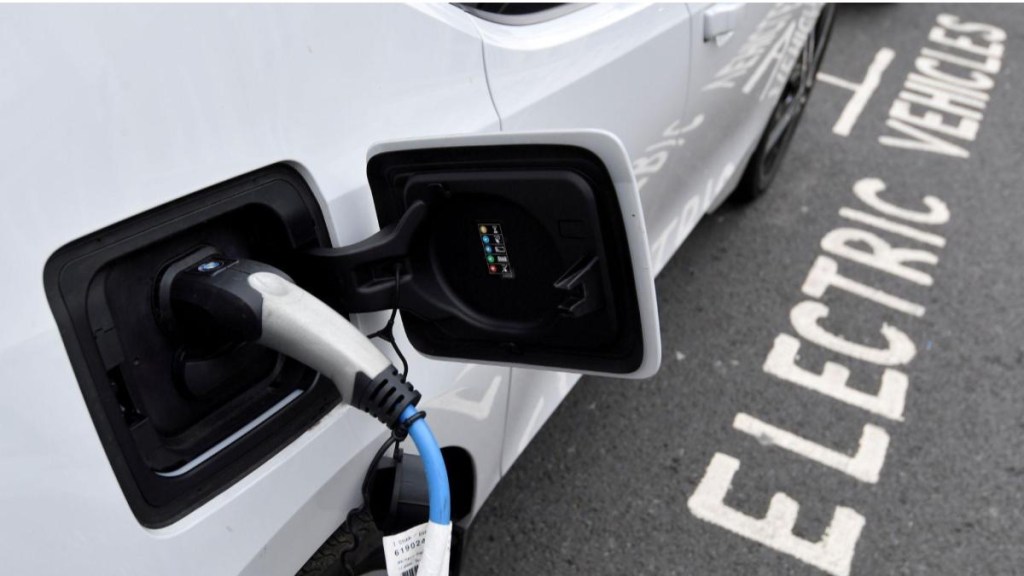The Centre is considering a new policy for electric vehicles (EVs) that will incentivise manufacturers, including foreign original equipment manufacturers (OEMs) looking to set up base in India, as part of a comprehensive policy for the sunrise sector, said official sources.
While the government currently runs different schemes for EV promotion, including the FAME and PLI schemes, the proposed policy will differ from these as it will roll out direct incentives linked to quantum of investments rather than offer consumer subsidies, sources said. The policy would aim at increasing the domestic value addition in EV ecosystem to at least 50%, and seeks to expedite adoption of EVs in the country.
“Various government departments are conducting preliminary discussions to evaulate the need (for an overarching EV policy). The broad contours of the policy are also being discussed. Since we already have a few schemes, the question is whether we need to frame a new policy or tweak the existing schemes,” an official who did not wish to be identified told FE.
The discussion process is being led by the Department of Promotion of Industry and Internal Trade (DPIIT). Some of the ideas being floated are the quantum of investments to be eligible for incentives and the nature of the incentives. The intent is to encourage investments in the entire supply chains, rather than just assembly operations.
Among existing schemes for the sector, the Faster Adoption and Manufacturing of Electric Vehicles in India (FAME) Scheme provides financial incentives to both EV manufacturers and buyers. The scheme will run till 2024 with a total budget of $1.3 billion.
Whether the FAME scheme gets extended with some tweaks or is replaced with a new policy is being considered. Past data and future projections for the auto sector are being examined and a study is underway to determine the impact such a policy will have on existing auto manufacturers.
While promoting the EV sector, the government does not want to disturb the existing ecosystem of automobile manufacturing in the country that has built up over the years. It would, therefore, be holding consultations with automobile and component manufacturers before finalising any EV-specific policy.
The idea is not to favour one segment over the other, the sources said.
Like any policy that seeks to build up new capabilities and capacities, the proposed successor to FAME would have incentives to enable research and development, new technologies and economies of scale.
Apart from FAME, the Phased Manufacturing Programme (PMP) of the government aims to promote the localisation of EV production in India. The PMP has different timelines for different components of EVs, with the aim of making India self-sufficient in EV production by 2030.
The Production Linked Incentive (PLI) Scheme for Automotive Sector has an outlay of $3.1 billion and provides incentives to manufacturers of advanced automotive technology (AAT) products, including EVs. Another PLI for advanced chemistry cell (ACC) battery storage provides incentives to manufacturers of ACC batteries, which are a key component of EVs. The scheme has a budgetary outlay of $2.1 billion.
Though PLI for batteries is yet to take off, the Indian EV manufacturing sector is growing rapidly. In 2022-23, India produced over 450,000 EVs, up from 230,000 lakh in the previous year. The Economic Survey 2023 predicts that India’s domestic electric vehicle market will see a 49% compound annual growth rate (CAGR) between 2022 and 2030, with annual sales of 10 million by 2030.

